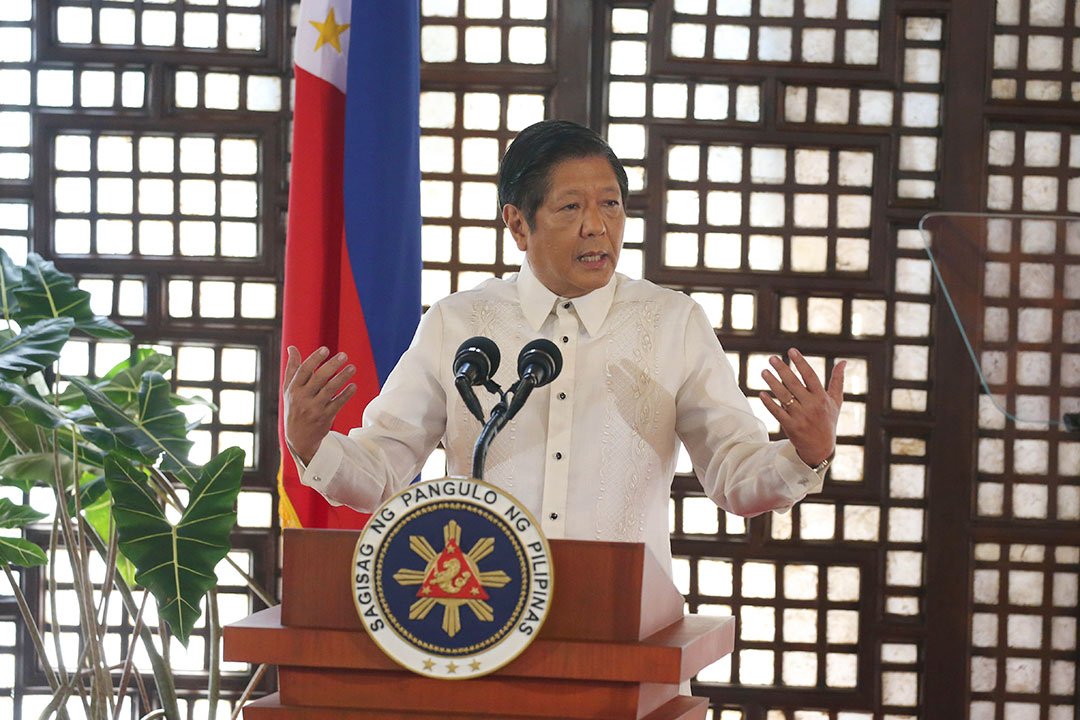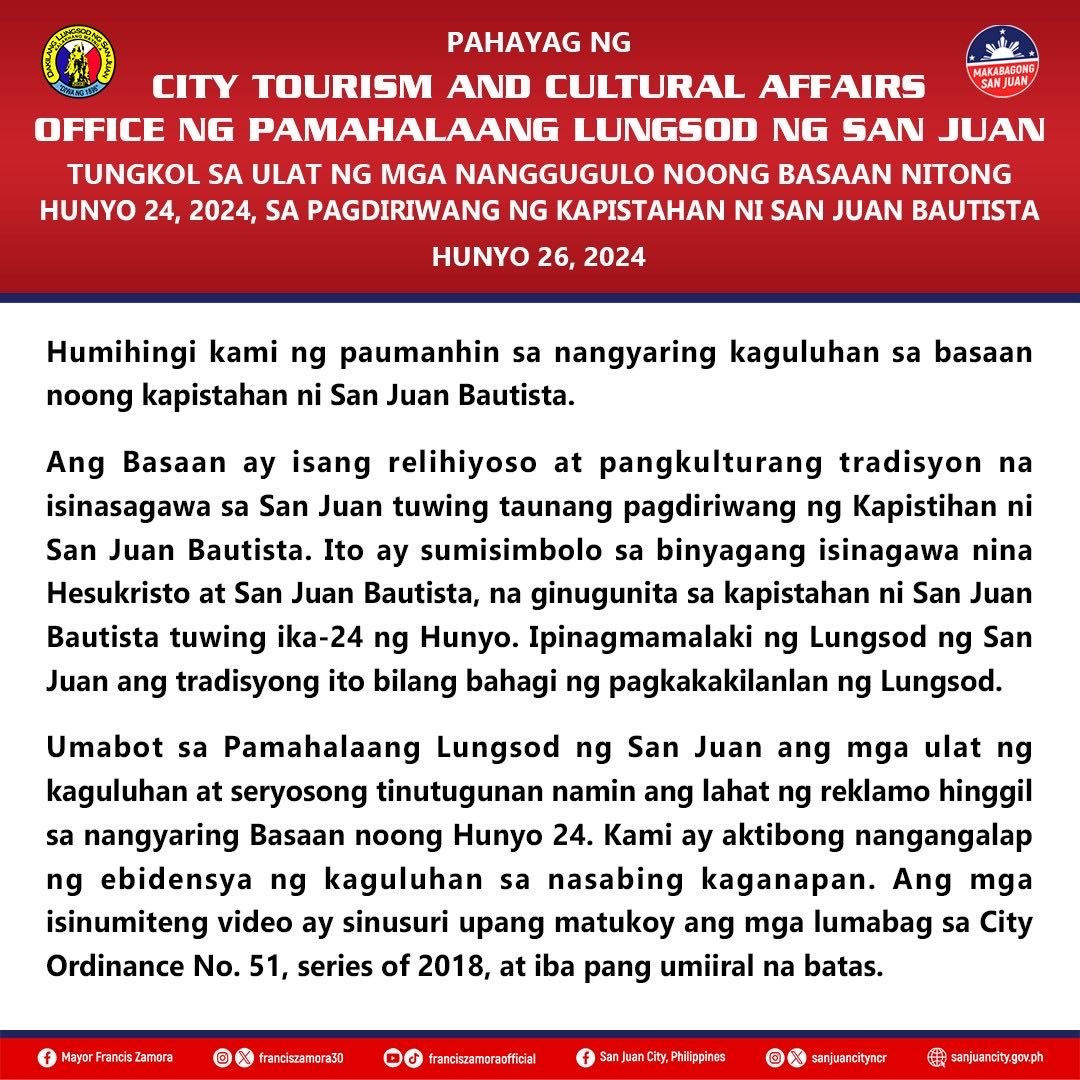By Kyle Aristophere T. Atienza, Reporter
PRESIDENT Ferdinand R. Marcos, Jr. has signed into law the Ease of Paying Taxes Act, a measure that seeks to update the country’s taxation system and boost government revenues.
The act, which amends several sections of the National Internal Revenue Code of 1997, introduces several tax reforms, including the simplification of the filing process for small and medium enterprises, according to the Presidential Communications Office (PCO).
In a statement over the weekend, the PCO said the important features of the law include the classification of taxpayers into micro, small, medium, and large and the classification of value-added tax refund claims into low-, medium-, and high-risk.

Under the law, tax returns can be filed — either electronically or manually — with any authorized agent bank, Revenue District Office, or authorized tax software provider.
It also eliminates the distinction between documentation and basis of sales of goods and services and ensures availability of registration facilities to non-Philippine resident taxpayers.
The law removes the Value Added Tax (VAT) official receipt as a requirement for substantiating refund claims and input and output taxes, making the VAT invoice the sole supporting document required in declaring output taxes and claiming input taxes for both sale of goods and services.
Under the law, only medium and high-risk VAT refund claims are subjected to auditing. The Commissioner of Internal Revenue shall explain any denial of VAT refund claims within the 90-day VAT refund claim window, and the decision can be appealed within 30 days from receipt of the denial.
The new law enforces a 180-day process period on claims for refund of erroneous or illegal tax collection, increases the fees for the mandatory issuance of receipts for each sale and transfer of goods and services to P500 from P100, and reduces the number of income tax return pages to two from four pages, the PCO said.
The new law also mandates the Bureau of Internal Revenue (BIR) adopt an integrated and automated system for facilitating basic tax services and set up an electronic and online data and information system, it added. It also requires the BIR to boost its technology capabilities in line with the goal to digitalize its services.
“The law’s implementing rules and regulations shall be promulgated 90 days from the effectivity of the Act after the consultation of the Finance Secretary with the BIR, and the private sector,” the measure read.
“The law’s implementing rules and regulations (IRR) shall be promulgated 90 days from the effectivity of the Act after the consultation of the Finance Secretary with the BIR, and the private sector,” the PCO said.
House Ways and Means Chair Jose Maria Clemente S. Salceda, in a statement, noted that the law exempts overseas Filipino workers, who do not acquire any income in the Philippines, from income tax.
“[The new law] brings our tax administration system to the digital world — allowing the BIR to shift to a full digitalization,” he said.










